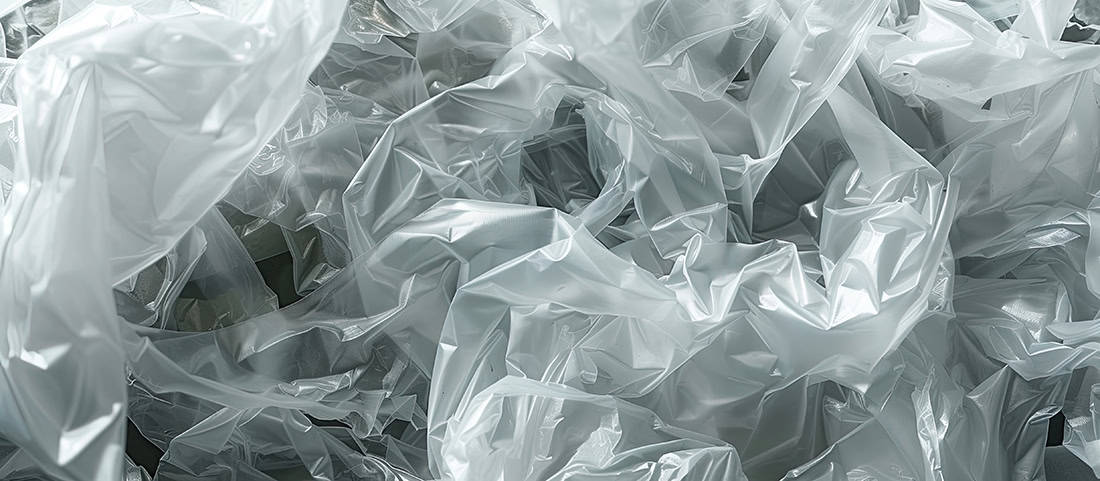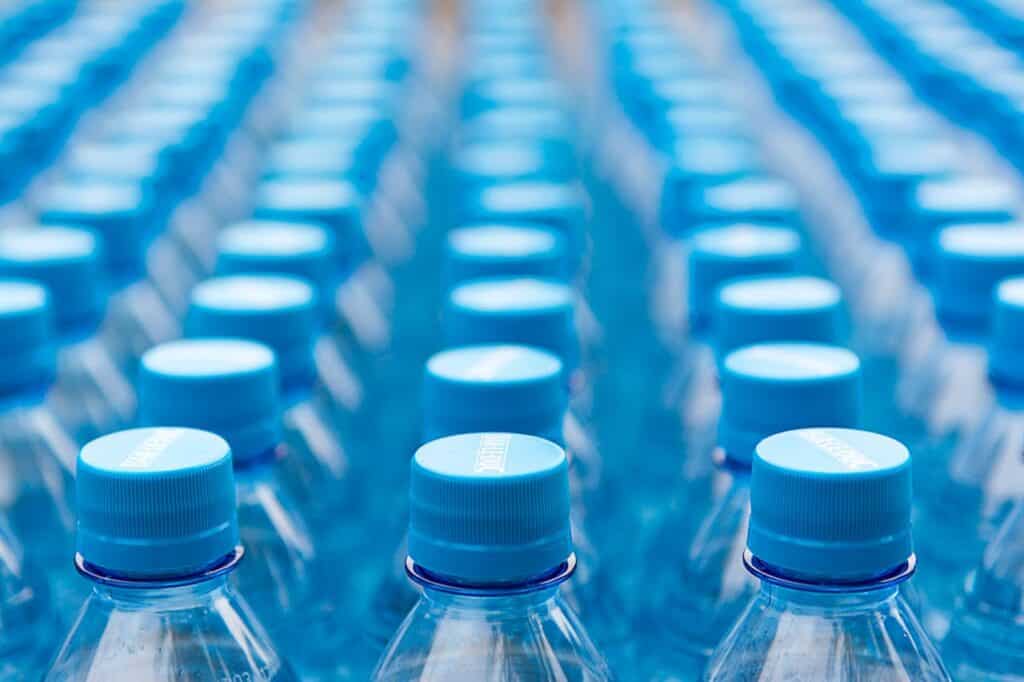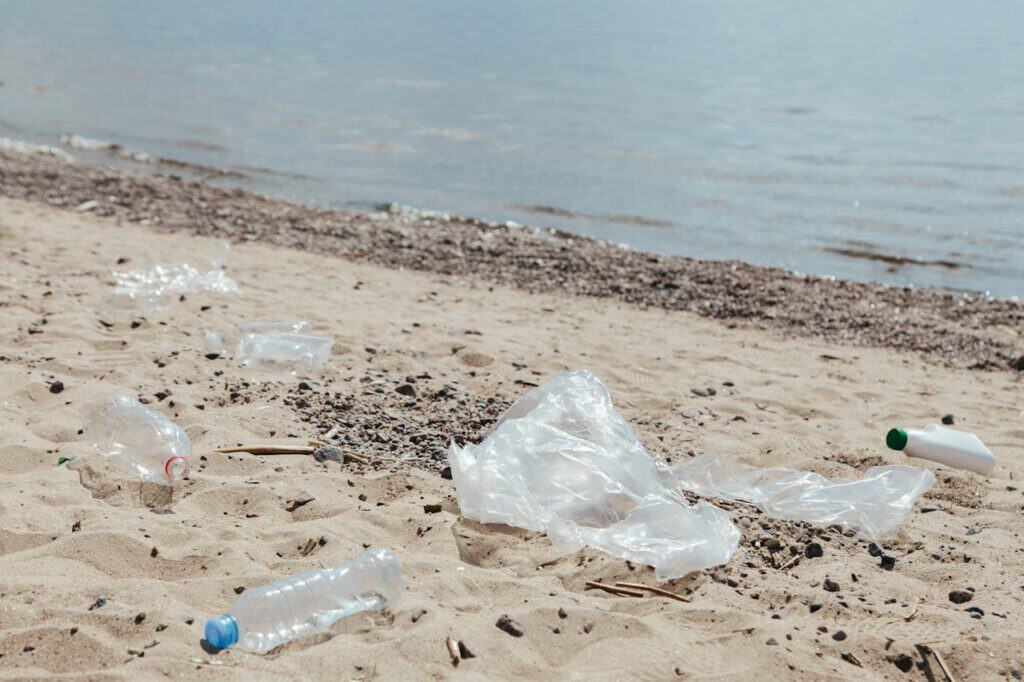The Importance Of Recycling Soft Plastics
An investigation by campaigners has found that 70% of soft plastic collected in supermarket recycling schemes and tracked after collection ended up being burned.
At Plastic Expert, we understand the growing need for sustainable waste management solutions, especially for soft plastics like LDPE (Low-Density Polyethylene).
While some might view incineration as a quick fix for plastic waste, recycling soft plastics offers far more environmental and economic benefits.
This article delves into why recycling soft plastics is not only the better option over incineration but also a crucial step toward creating a more sustainable future.
What Are Soft Plastics and Why Do They Matter?
Soft plastics are flexible materials often used in packaging, bags, bubble wrap, and other everyday products. LDPE, one of the most common types of soft plastic, is widely used for its durability, light weight, and low cost. However, its widespread use has led to a significant increase in plastic waste, contributing to pollution and landfill overflow.
While these materials are essential for many businesses, they pose a significant environmental challenge if not properly managed. Incineration and landfilling are often seen as quick solutions, but they can have serious consequences for both the environment and human health. Recycling offers a far more sustainable alternative.
The Problem with Incineration
Incineration of soft plastics may seem like an effective way to quickly reduce plastic waste, but it comes with a host of environmental drawbacks:
Harmful Emissions: When soft plastics are incinerated, they release toxic chemicals such as dioxins, furans, and heavy metals. These pollutants can have serious health effects on nearby communities, contributing to respiratory illnesses and even cancer.
Greenhouse Gas Emissions: Burning plastic contributes to climate change by emitting significant amounts of CO2 and other greenhouse gases into the atmosphere. The incineration process itself is energy-intensive, often reliant on fossil fuels, further increasing its carbon footprint.
Waste of Resources: Incineration destroys the material, meaning the valuable resources used to create the plastic are lost forever. With plastic being a petroleum-based product, burning it wastes not only the material itself but also the energy and raw materials that went into its production.
Why Recycling Is the Better Choice
Recycling soft plastics offers a wide range of benefits that far outweigh the short-term gains of incineration:
Reduction in Pollution: Recycling soft plastics reduces the need for virgin plastic production, which in turn lowers pollution. By recycling waste, we minimise the harmful emissions that would otherwise come from the extraction and refining of crude oil used in plastic production.
Conservation of Resources: By recycling plastics, we conserve valuable raw materials. This reduces the demand for new plastic production, which is energy-intensive and relies on non-renewable fossil fuels. Recycling enables businesses to create a circular economy, where materials are reused instead of discarded.
Lower Carbon Footprint: Recycling significantly reduces the carbon emissions associated with soft plastic waste. Unlike incineration, recycling does not involve burning and thus avoids the release of CO2 and other greenhouse gases. Moreover, recycling soft plastics requires less energy than producing new materials, further contributing to lower carbon emissions.
The Role of Businesses in Recycling Soft Plastics
As businesses continue to rely on plastic, it is crucial for them to take responsibility for their waste. Partnering with recycling specialists like Plastic Expert helps companies manage their soft plastic waste sustainably, reduce environmental impact, and meet regulatory requirements.
At Plastic Expert, we work closely with businesses to collect and recycle a wide range of soft plastics, including LDPE. Our tailored recycling solutions help organisations divert waste from landfills and incinerators, contributing to a cleaner, healthier planet.








